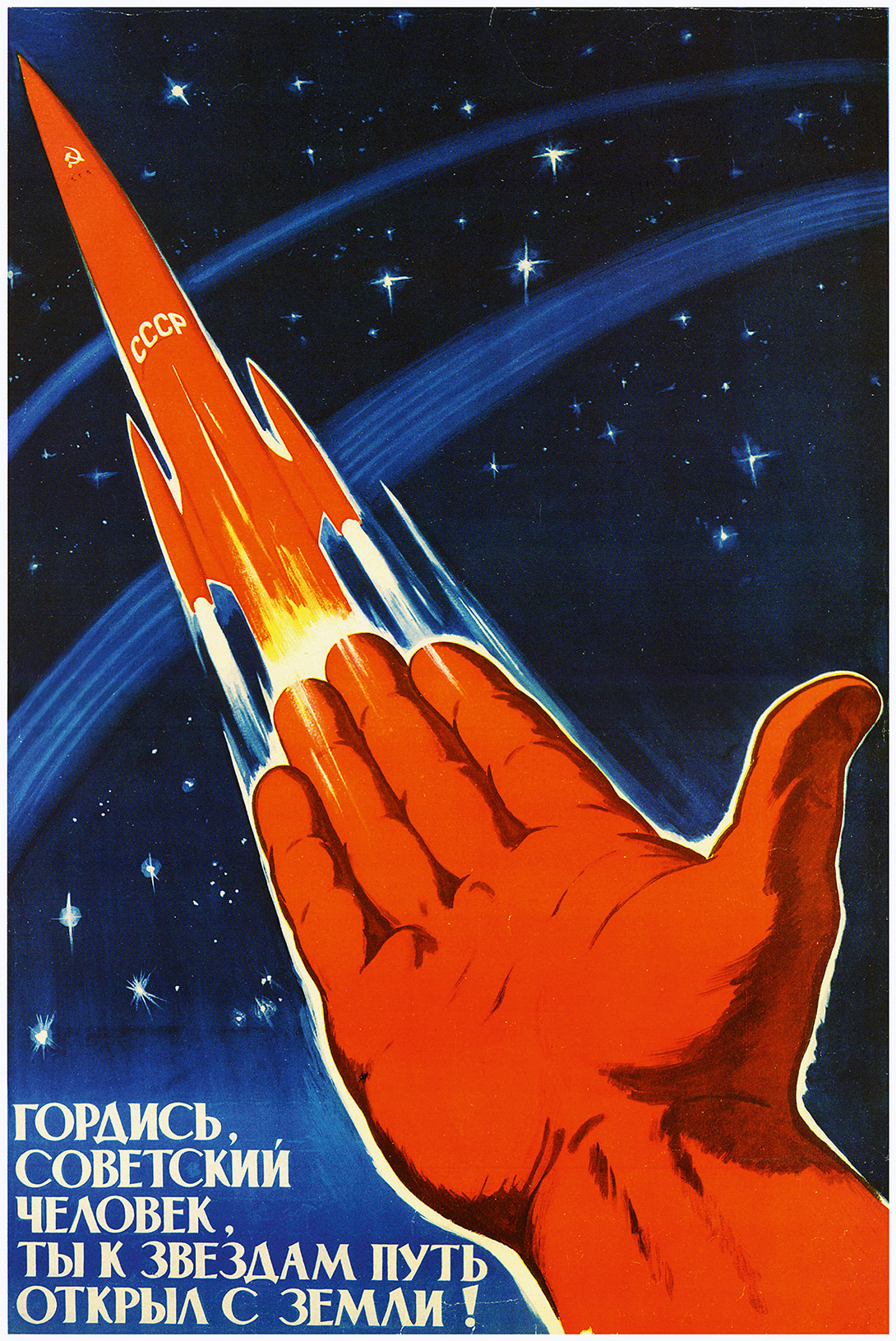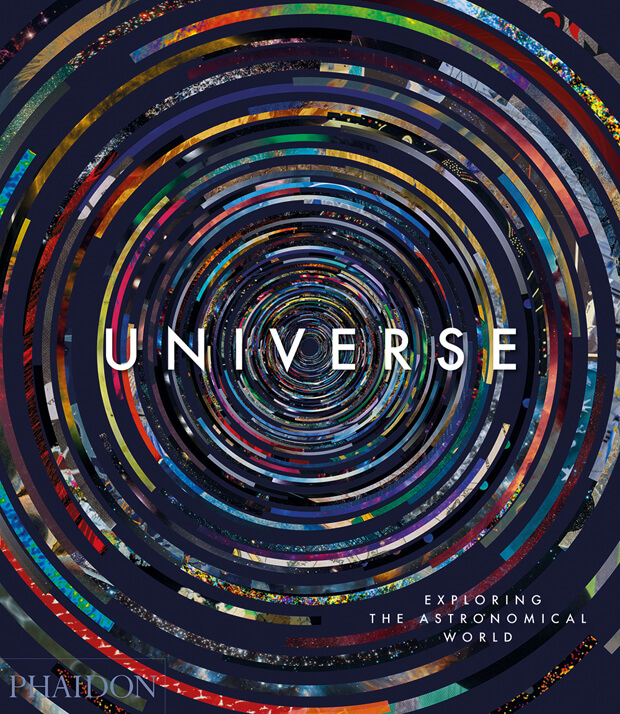
How the Soviets saw the night sky
It may have lost the race to the moon but in 1963 the USSR looked aloft and saw itself as the clear conqueror
Many believe the USA won the space race, when on 21 July 1969 Neil Armstrong became the first man to walk on the surface of the moon.
However, only a few years earlier, the USSR was celebrating its own victory, having launched the first space satellite and put both the first man and woman into space. Despite the USSR’s subsequent collapse, the claims made on this propaganda poster still stand, as our new book Universe: Exploring the Astronomical World, makes clear.
“‘Soviet man, you can be proud – you opened the road to the stars from Earth’ reads this poster produced in the Soviet Union in 1963 to celebrate what was at the time clear Russian superiority in the space race,” explain the editors of Universe.
“Drawing on techniques of Soviet graphic design from the 1920s and 1930s, when posters were the main method for the communist government to encourage the loyalty of the population, the poster is both visually memorable and heavily symbolic. The giant hand points to the stars as it releases a Soviet rocket – both hand and rocket are in Communist red – bound for the cosmos of stars beyond.

“At the height of international tensions between the Soviet Union and the United States (the world had come close to war a year earlier, with the Cuban Missile Crisis), the space race emerged as another front in the Cold War. Soviet achievements – the launch of Sputnik, the first satellite, in 1957, and the first man and woman in space (Yuri Gagarin in 1961 and Valentina Tereshkova in 1963, respectively) – had dismayed the West and given the Soviets real national pride. As the 1960s went on, however, it would be the United States, with its more prosperous economy, that would increasingly take the lead in space exploration, although the Soviet space programme remained impressive in its longevity.”
For more cosmic images by such varied star gazers as NASA, Picasso, DC Comics and Gerhard Richter order a copy of Universe: Exploring the Astronomical World here.